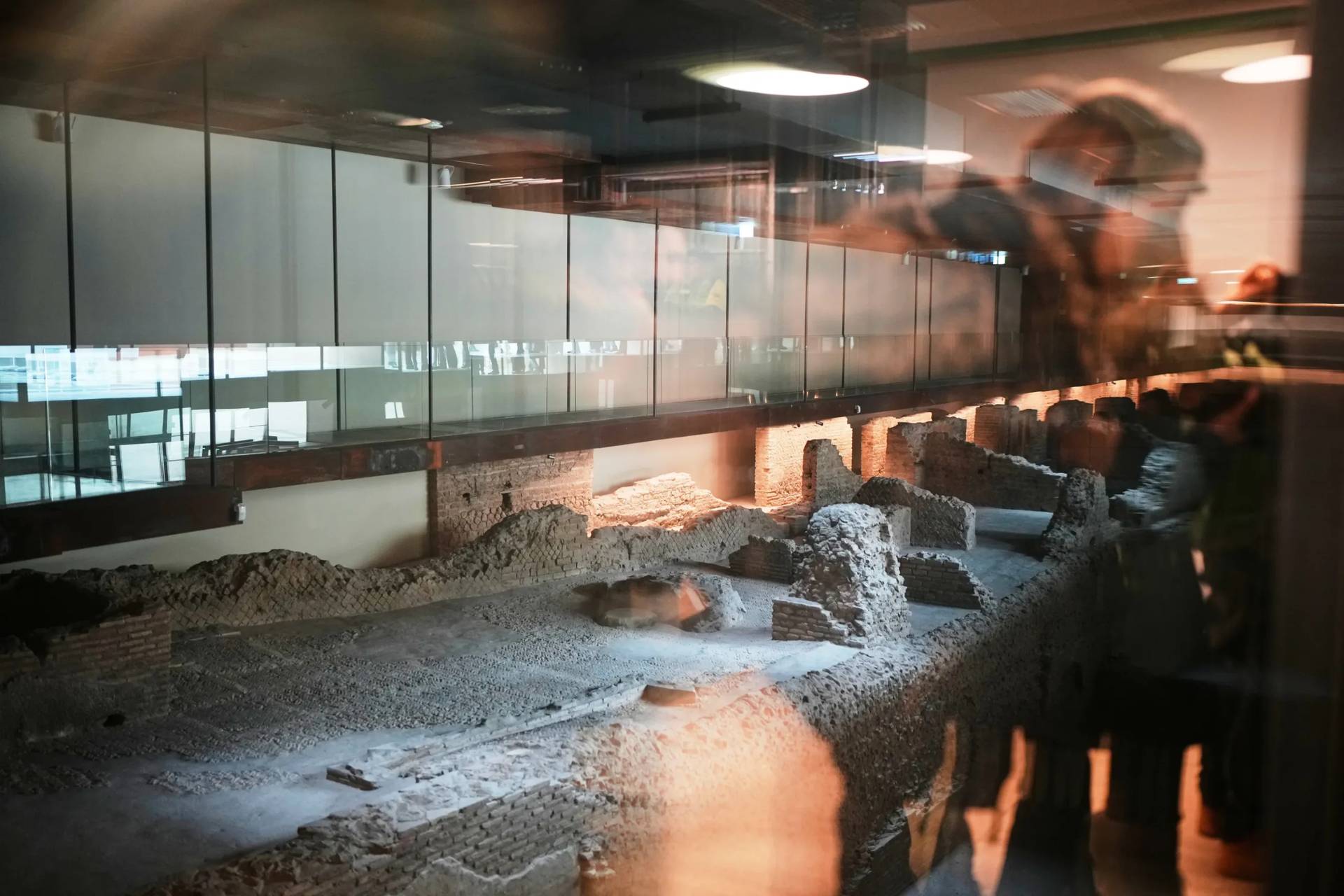On Nov. 11, as Europe marks the centenary of the end of the First World War, the deadliest European conflict in the past two decades enters a new chapter.
The Russian-controlled regions of eastern Ukraine – the self-proclaimed Luhansk and Donetsk People’s Republics – will hold elections.
Since 2014, Russia has supported the Ukrainian separatists in the area, also called the Donbass region. In 2015, the Minsk Agreement was signed agreeing to establish a ceasefire that would work towards restoring Ukrainian control of the region, but it has been largely ignored and intermittent fighting has continued, killing thousands.
The international community – including the United States and European Union – have called on Russia to stop the vote, saying it goes against the Minsk Agreement.
Kurt Volker, the United States Special Representative for Ukraine Negotiations, said Russia is responsible for “serious human rights abuses” in the occupied parts of Ukraine (which also includes Crimea, which Russia annexed shortly before the beginning of the Donbass conflict) in “furtherance of the Kremlin’s agenda.”
RELATED: US envoy says Ukraine conflict, though forgotten, still a major threat
“We are firmly supportive of the Minsk agreements. We believe that they contain all of the elements necessary from both a security and a political standpoint to be successful, but unfortunately, they are not being implemented. Russia continues to occupy the territory, to control the armed forces, to control the political entities,” Volker told journalists in a telephone press conference Nov. 8.
He said civilians in the occupied territories are bearing the brunt of the conflict.
“They are suffering every day from physical conflict, from lack of freedom of movement. They are confronted with lack of mobility, landmines, unexploded ordnances, a lack of daily freedoms inside the occupied area,” Volker said.
One of the freedoms being denied the population is religious liberty.
According to a report by the Kyiv-based Institute for Religious Freedom, the occupation regime is responsible for “unprecedented religiously motivated crimes” in eastern Ukraine.
The report, released in the Ukrainian capital on Oct. 24, documents “kidnapping and illegal imprisonment, emotional abuse, physical torture and even murders of unwelcome clergymen and believers of ‘non-traditional denominations’ – all this has become a real nightmare for local religious communities that did not experience such persecution even during the Soviet terror times.”
The document also says churches and other houses of worship have been seized, and some have even been used as firing positions and barracks for militants and Russian troops.
RELATED: Moscow’s veto on Catholic/Orthodox dialogue may be slipping away
The Russian Orthodox Church is the only religious entity given full freedom in the occupied territories.
The report says the Ukrainian Greek Catholic Church is “an object of targeted attacks” by the occupation authorities, since it is identified with the pro-Western forces in Ukraine.
“Although the worst abuses have declined since 2015, Christian minorities have remained subject to raids, harassment, fines, and official slander,” the report said.
Maksym Vasin, the executive director of the Institute for Religious Freedom, told Crux that Russia is exporting its own religious policy to the regions of Ukraine under Moscow’s control.
“We should clearly understand this situation. That is why we see the same religion policy that Russia used on its territory to control civic society, to control believers and religious minorities, and to create a situation where people are just afraid to freely confess their religion or organize peaceful meetings on the street because of persecution … We see the same practices in these Luhansk and Donetsk regions which are controlled by militants,” said Vasin.
He said the situation “is very bad” in the occupied parts of Donbass, and a stark contrast to the situation before the occupation.
“There were lots of religious minorities, different denominations, living in peace and cooperation with interfaith events and interfaith dialogue,” Vasin said, before adding “everything was changed” when the Russian-backed militants took over.
He said what also complicates the situation is the fact there are no legal authorities which can take responsibility to implement international standards.
“That is why believers from these occupied territories can’t appeal to the European Court of Human Rights, or the United Nations Commission on Human Rights or to the OSCE, or other international institutions to protect their rights,” Vasin said.
However, the elections scheduled for Sunday will do little to alleviate this problem, because as Vasin puts it: “We know that the occupational authorities are not independent, and they are not elected by the people of Luhansk and Donetsk. All occupational authorities are controlled from Moscow.”
Speaking from Washington, Volker echoed the same point saying the elections “have no legitimacy” under the Ukrainian constitution.
“They are under conditions of occupation, whether it’s no freedom of expression, no freedom of movement, no freedom of campaigning, and generally therefore no freedom of choice for the people in electing candidates for legitimate local leadership positions; so these particular elections are a mockery, really, of the idea of genuine elections that need to be held,” the U.S. diplomat said.
Vasin was more blunt.
“We know there is no possible choice under gunpoint,” he said.














